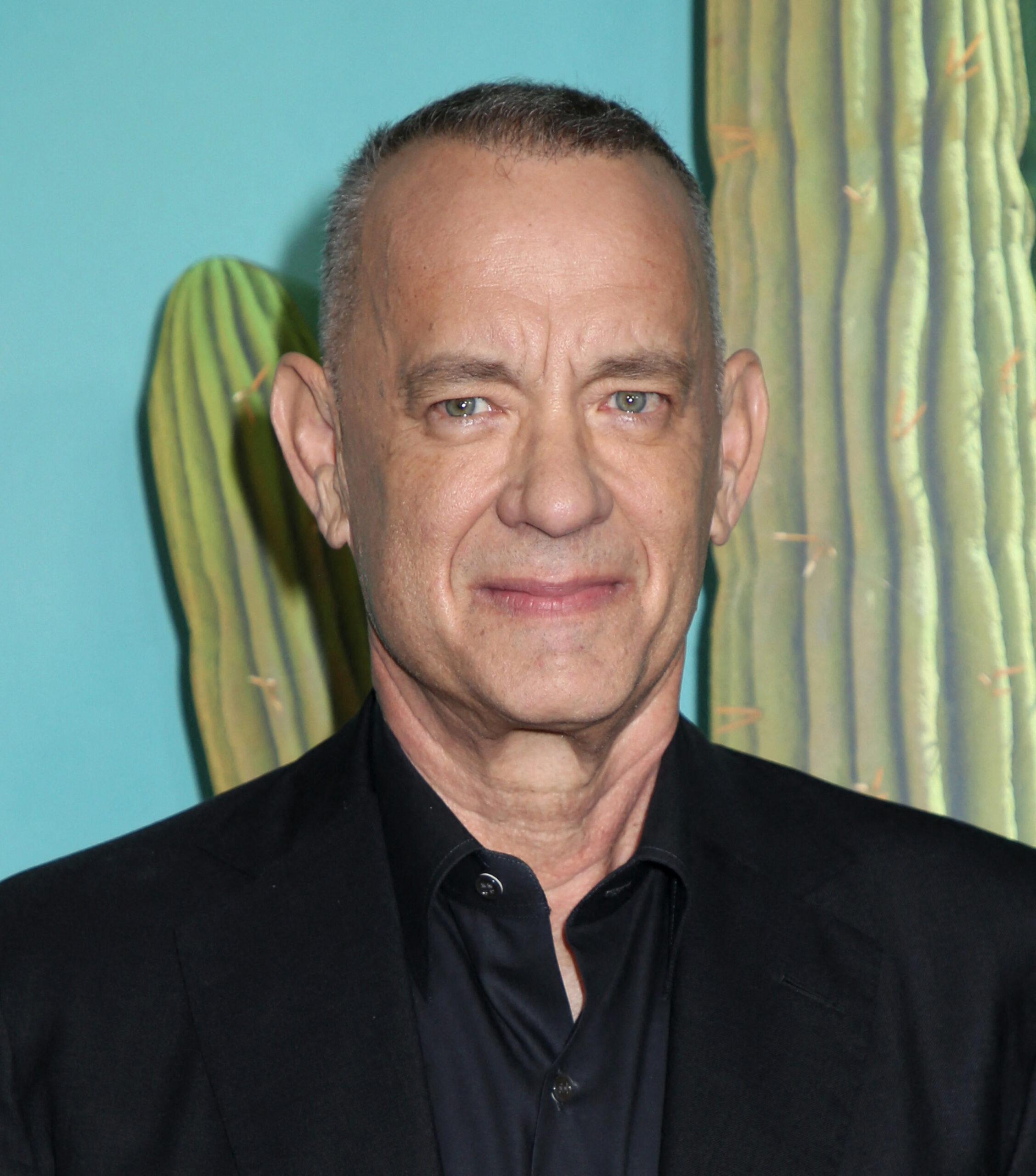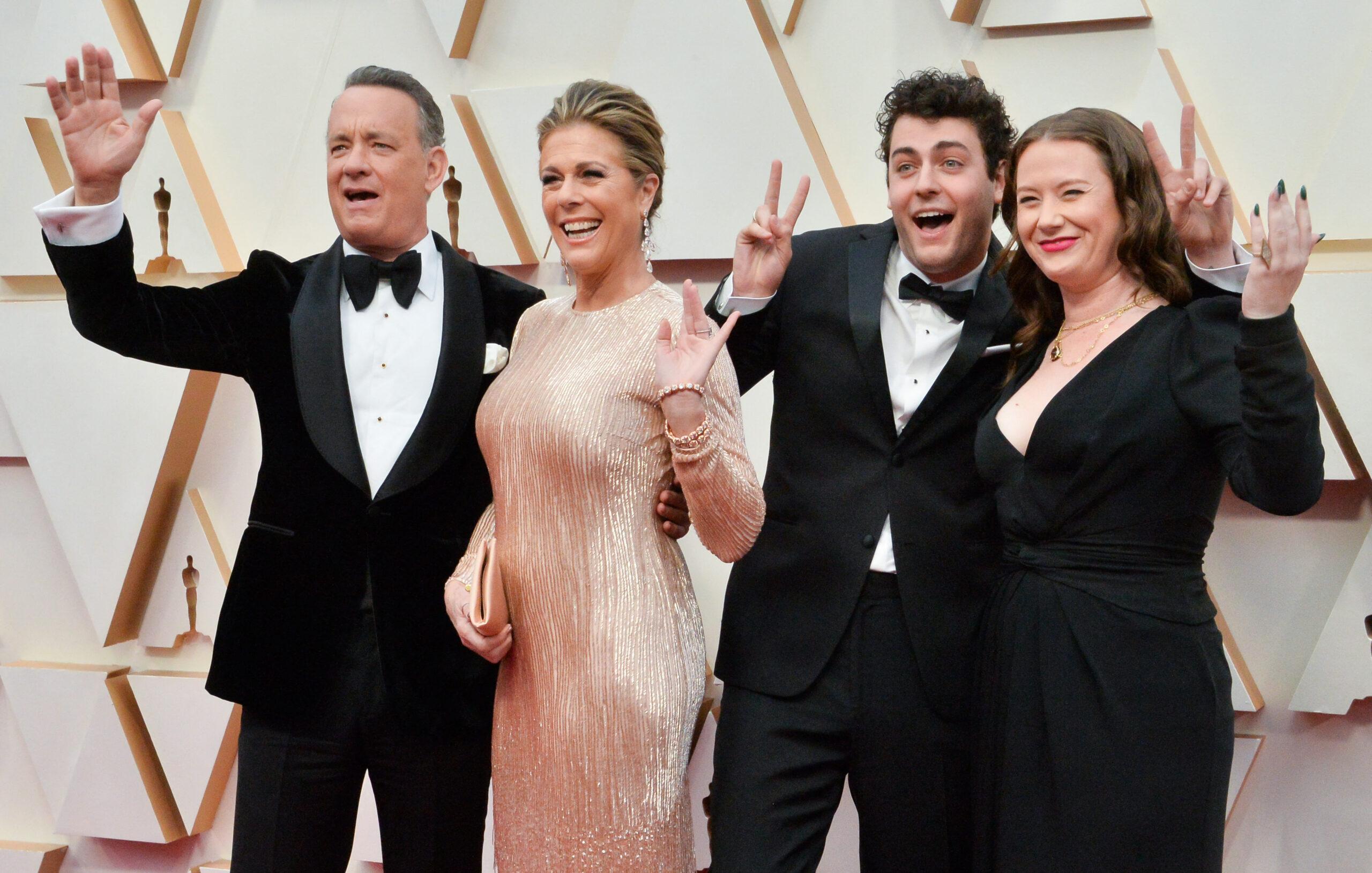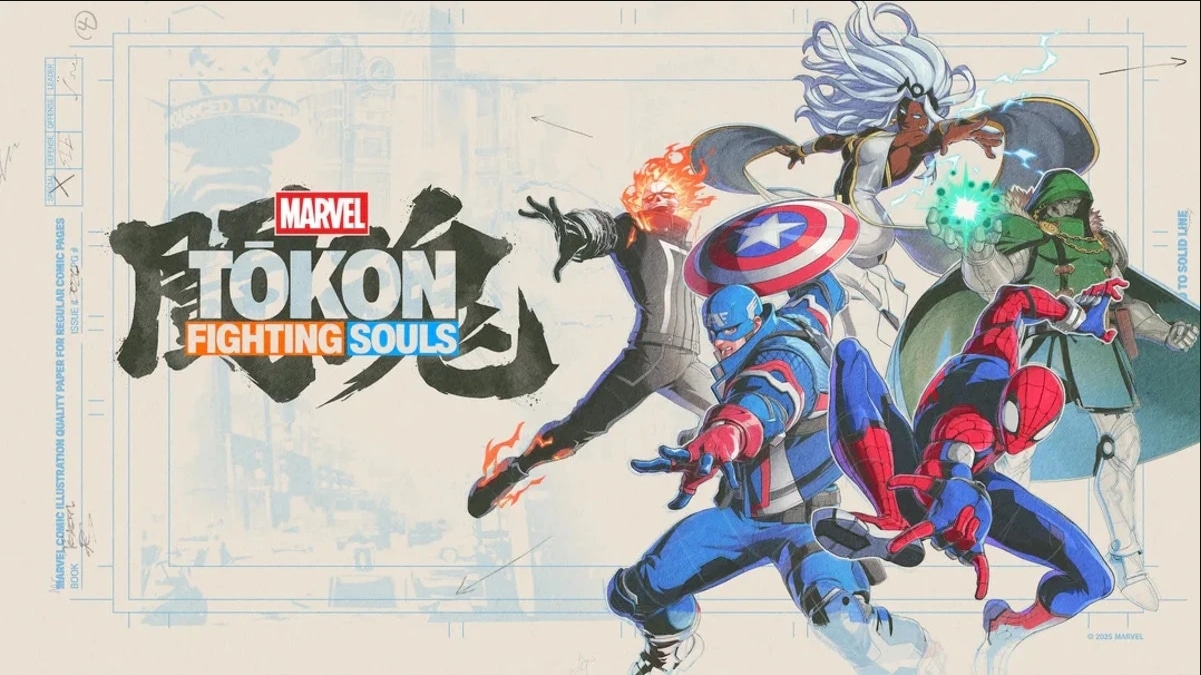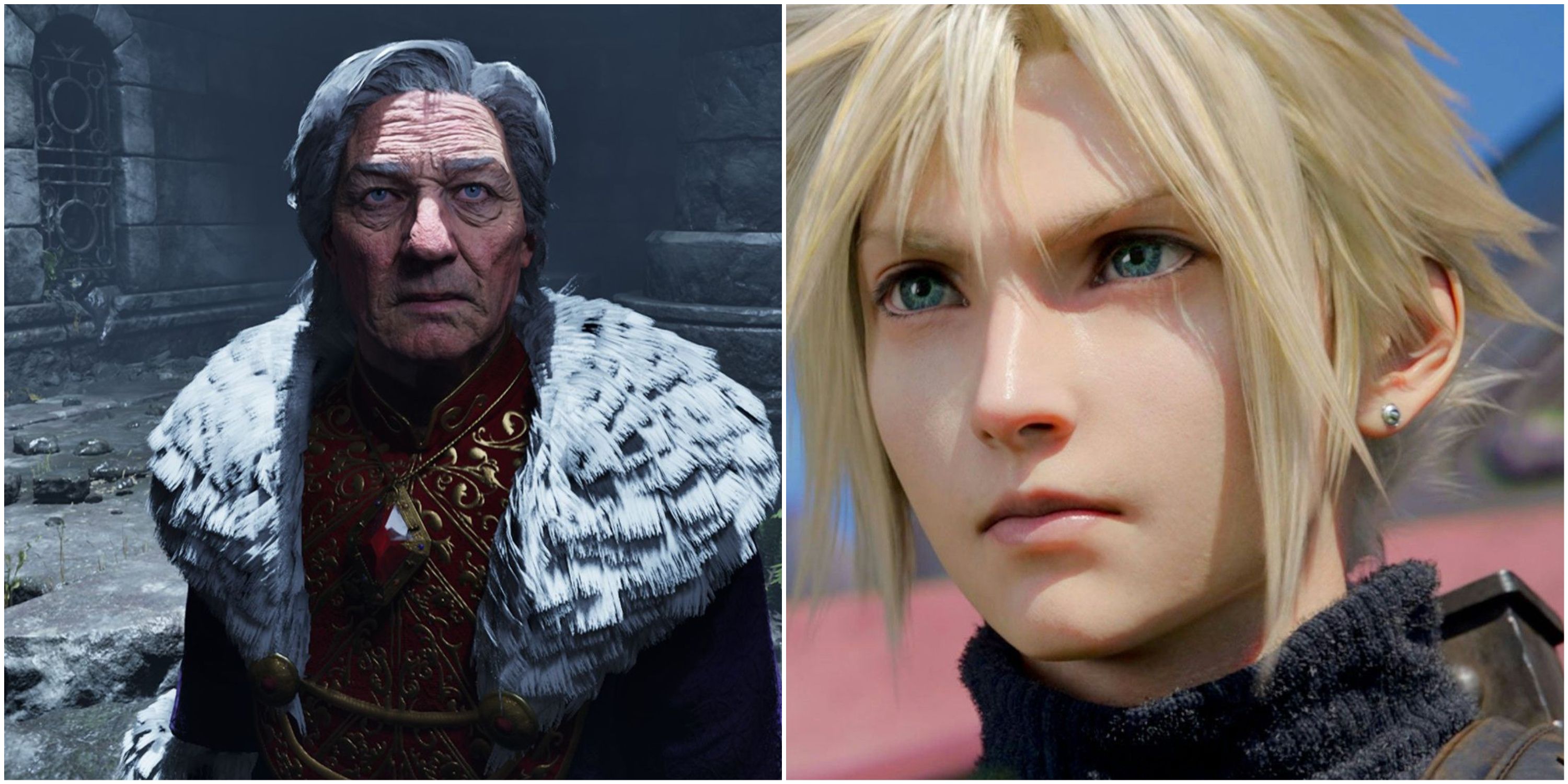is finally speaking out about his daughter Hanks' explosive memoir, "The 10: A Memoir of Family and the Open Road."
In the book, she offers a deeply personal look at her difficult childhood, providing insight into her emotionally complex relationship with her late mother, Susan Dillingham, whose stage name was Samantha Lewes.
Appearing at the premiere of his latest film, "The Phoenician Scheme," Hanks addressed the book's revelations and expressed admiration for his daughter's courage.
Article continues below advertisement

Tom reflected on his daughter's honesty and resilience in telling her story. He shared his thoughts during a red carpet interview with Access Hollywood.
The "Forrest Gump" star expressed pride in E.A.'s openness and literary approach, noting, "It's a pride because, I think, she shares it with me, she's been very open about what the process is."
He also said, "I'm not surprised that my daughter had the where with all, as well as the curiosity, as well as, I'm going to say, perhaps, the shoot herself in the foot, where with all, in order to examine this thing that she was incredibly honest about."
Article continues below advertisement
The iconic actor continued, "We all come from checkered, cracked lives, all of us, despite the fact that part of it would seem as though, she would work for some international well-known firm with a copyrighted last name."
Tom concluded, "She knows that and she leads into absolutely everything of it and I think anyone who does that is a bold journalistic literary mind and I'm thrilled I can say the same thing about my daughter."
Article continues below advertisement
In her memoir, E.A. reflected on a difficult and turbulent childhood shaped by her relationship with her late mother, Susan Dillingham, known professionally as Samantha Lewes, who died in March 2002.
"Saying that my mother was mentally ill, that she was possibly 'bipolar with episodes of extreme paranoia and delusion,' makes sense of the nights sitting with her on a blanket in the driveway," she wrote per E! News. "My mother sobbing and convinced there were men inside the house, bugging the walls, waiting for us in our bedrooms."
Article continues below advertisement
E.A. shared that by the time she was 14, she had begun to realize the instability of her childhood. "There often wasn't enough food, schoolwork went unsupported, and I shouldn't have been woken up at three in the morning to hear an impromptu lecture on why yoga was the devil's work."
While she clarified that her mother never physically beat her, she described a number of unsettling and emotionally abusive incidents. "She pushed me, shook me, pulled at my hair, and locked me in a closet once or twice … she told me there were men hiding in her closet who were waiting for us to go to sleep to come out and do horrible things," E.A. shared.
Article continues below advertisement
She also recalled bizarre and haunting conversations that stayed with her. "She talked to me about dozens of miscarried babies and how I might join my siblings in eternal limbo one day," she revealed.
Despite the pain and instability she experienced growing up, E.A. acknowledged that her mother also provided moments of care and effort that she continues to remember fondly.
She wrote that her mother "drove me all over California to horse shows at ungodly hours," a gesture that showed deep commitment and support for her interests.
E.A. also recalled more lighthearted and tender moments, sharing that her mother would "cut up cookie dough for my friends sleeping over and let me dye my hair every color I wanted."
Eventually, E.A. moved out of her mother's home and went to live with her father, Tom Hanks, his wife Rita Wilson, and her two half-brothers, Chet and Truman Hanks.
Article continues below advertisement

In her memoir, she reflected on the profound emotional significance Disneyland held in her life, not merely as a theme park, but as a constant presence that grounded her throughout her journey.
"Disneyland has been more of a constant in my life than any house I have ever lived in," she wrote. "I have spent Thanksgiving there. I have spent Christmas there. I have spent more birthdays than I can count there."
What truly solidifies Disneyland's meaning for her, however, is the time she shared there with her father, Tom. Their visits created cherished memories that continue to shape her emotional connection to the park.
"I cannot separate my emotional connection to Disneyland from my emotional connection to my father," she explained, "because like many other California daughters, I have spent a lot of time at Disneyland with my dad, and because one day he'll die."
Article continues below advertisement
Beyond nostalgia, E.A. sees Disneyland as a place where her father's legacy lives on, both literally and symbolically.
In her memoir, she wrote about how his iconic role as Woody in "Toy Story" echoes throughout the park, from attractions to merchandise.
"I was thinking about that first time I will come back to Disneyland after my father dies and how I will hear him when I hear Woody," she shared. "In that moment, it was as if it had already happened, that I was somehow touching on what future me would feel, and I cracked open with emotion."
Despite the sadness that such thoughts bring, they also offer solace. "Disneyland ensures that a part of my dad will live forever," she wrote.
To E.A., the park represents more than fun or family tradition. It stands as a defiance of mortality itself.
"Disneyland has become a monument for art, against death," she reflected. "Walt's vision survives, and some part of my father will too. Art survives."









